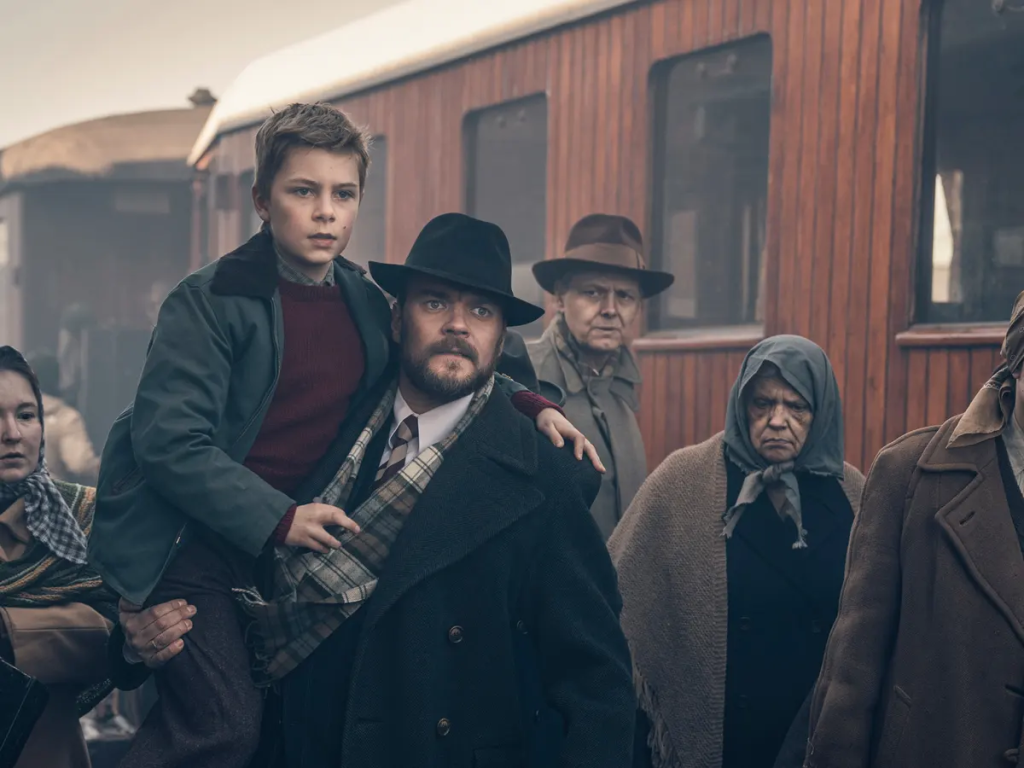Written for RAF News January 2024
Samsara is an experimental film about reincarnation that does away with conventional narrative to create a meditative experience.

Beginning in a Buddhist temple in Laos, the day to day routine of the monks is shown in long, slow takes. Watching them chant collectively or queue for food, there is a deliberate focus on the repetition in which you can feel the time pass.
Amid (Amid Keomany) is a young man who reads passages of the Tibetan Book of the Dead to Mon (Simone Milavanh) an elderly woman who is preparing for death, in this body at least. When she passes, the film breaks the fourth wall by inviting you inside: text on the screen informs that you will join Mon’s soul on its journey through the Bardo, the space between life and death. This requires closing your eyes and experiencing the soundscape along with a series of coloured flashes that have been designed to be sensed through your closed eyelids. It is novel idea that lasts for 15 minutes, and so depending on your disposition it can have a deeply profound or alienating effect.
Once back in the mortal realm, the story is now in Zanzibar, among a small beachside community of seaweed farmers. Here the women make a living by picking seaweed, which will be compacted into soap – reincarnated perhaps. This is not your typical film, it is artistic and experiential with pacing and editing that feels uninfluenced by contemporary cinema. There are moments of visual effects but they are incredibly simple and primal, which makes it all the more appropriate. Old art forms are combined with early film techniques, overlaying mosaic and cave paintings, and simply changing the hue of the image.
Samsara is a singular experience – a treat for the adventurous filmgoer, or avid meditator.


